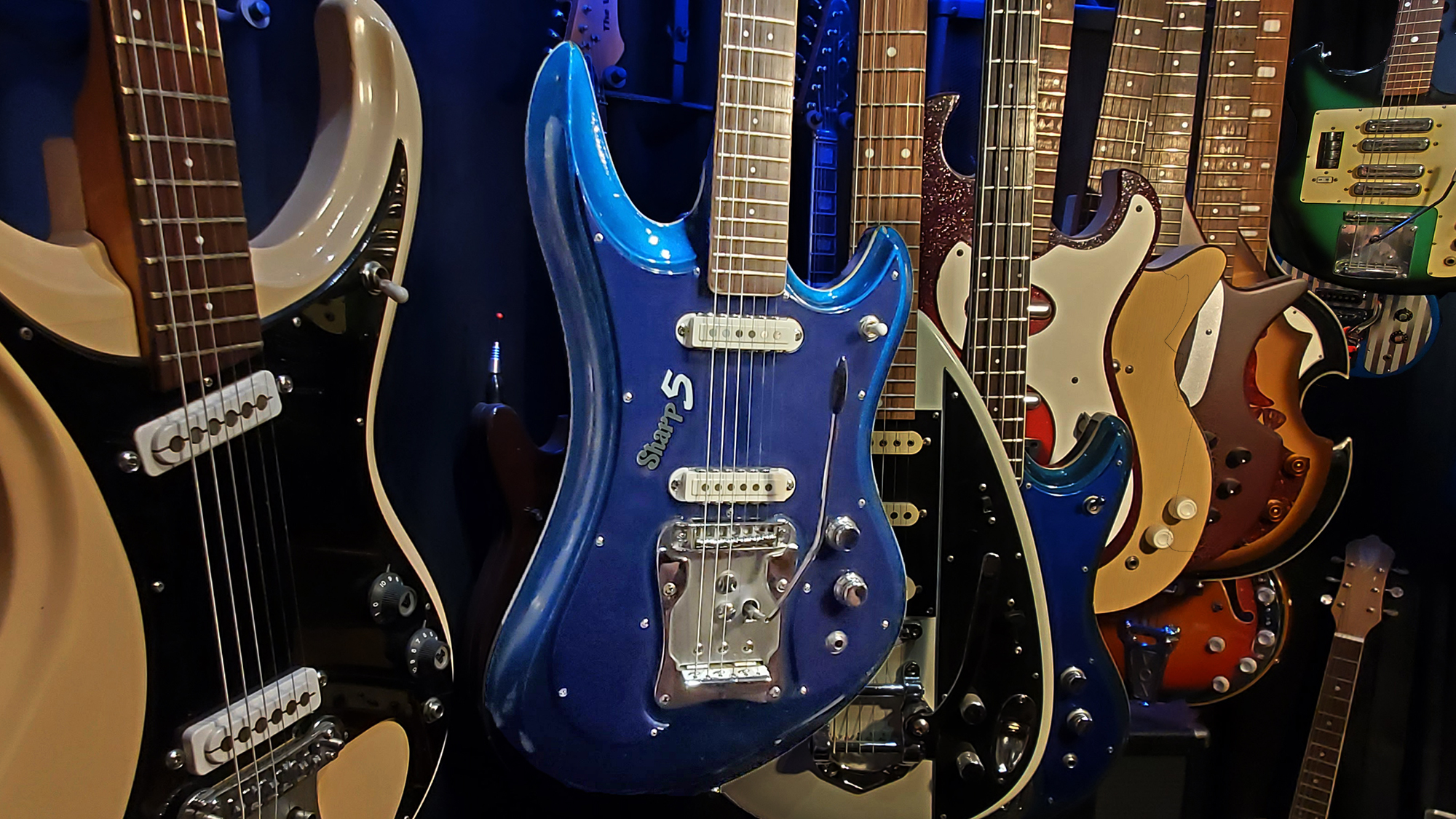“He said, ‘Yeah, what are you gonna do about it? You’re a girl. You don’t have the money to fight this.’” Rita Coolidge says Eric Clapton owes her a writing credit for one of the most celebrated songs in rock
Read one of Guitar Player's top stories of 2025

Guitar Player is closing out 2025 by republishing 25 of your favorite stories from the past year. We thank you for spending the past year with us and look forward to bringing you more of the stories you want in 2026.
More than half a century since the release of “Layla,” one of the most iconic tracks in Eric Clapton’s canon, Rita Coolidge is still waiting to be credit for writing the outro’s piano lines.
Clapton's own signature is, of course, all over the eponymous 1970 track from Derek & the Dominos' Layla and Other Assorted Love Songs, an album with an intriguing backstory of its own. The album is a uniquely personal entry in Clapton's catalog, written and recorded while the guitarist was in the throes of longing for Pattie Harrison, the wife of his famous Beatle pal George.
While the song's signature electric guitar riff was penned by the then largely unknown Duane Allman, who guested on the record, the tune was Clapton's entirely — up to the piano coda that concludes the song's final minutes. That final icing on the cake was written by Dominos drummer Jim Gordon and singer Coolidge.
Coolidge was hardly anonymous at the time. Like Clapton and the rest of his band, she had served in Delaney and Bonnie Bramlett's band, ground zero for Derek & the Dominos. Since then, Coolidge had gone on to record with artists that included Joe Cocker, Leon Russell — who wrote Cocker's hit "Delta Lady" for her — Stephen Stills and Clapton himself on his self-titled debut solo album.
As she explained in a recently published TikTok post, she was in Miami's Criteria studio — the same facility where Layla was recorded — having her photo taken to promote her 1971 debut solo album, when she heard the song being played.
“I’m like, ‘Wait a minute, I recognize this music and know this music,'" she says. “They’re like, ‘You don’t know it, it’s a brand-new Eric Clapton record,’ and I said, ‘It’s my music!’ They took pictures of the veins popping out in my neck. I was so upset.”
All the latest guitar news, interviews, lessons, reviews, deals and more, direct to your inbox!
Coolidge says, after hearing the song, she rushed to Tower Records, where, to her dismay, she found her name absent in the credits.
“I started trying to get in touch with Eric through Robert Stigwood, who was his manager at the time, and was just a mogul,” she recalls. “I got him finally on the phone, and I said, ‘I’m one of the writers, that’s my music.’ He said, ‘Yeah, what are you gonna do about it? You’re a girl. You don’t have the money to fight this. Let it go.’ And that was it.”
In her memoir, Delta Lady, Coolidge says Clapton heard her play the song during their previous recording sessions together, long before he’d woven it into “Layla’s” tapestry.

“We played the song for Eric Clapton in England,” she wrote. “I remember sitting at the piano in Olympic Studios while Eric listened to me play it. Jim and I left a cassette of the demo, hoping, of course, that he might cover it.”
Although he hasn't publicly addressed Coolidge's claims, Clapton told Guitar Player in 1985 that he had coaxed the song away from Gordon for use as the coda to "Layla."
"Jim Gordon wrote that and had been secretly going back into the studio and recording his own album, without any of us knowing it," Clapton told assistant editor Dan Forte. "And they were all love songs composed on the piano. And we caught him playing this one day and said, 'Come on, man. Can we have that?'
"So he was happy to give us that part. And we made the two pieces into one song."
While Clapton did give Gordon a co-writing credit for the song, Coolidge's part in Derek and the Dominos' short-lived legacy remains overlooked.
A freelance writer with a penchant for music that gets weird, Phil is a regular contributor to Prog, Guitar World, and Total Guitar magazines and is especially keen on shining a light on unknown artists. Outside of the journalism realm, you can find him writing angular riffs in progressive metal band, Prognosis, in which he slings an 8-string Strandberg Boden Original, churning that low string through a variety of tunings. He's also a published author and is currently penning his debut novel which chucks fantasy, mythology and humanity into a great big melting pot.

